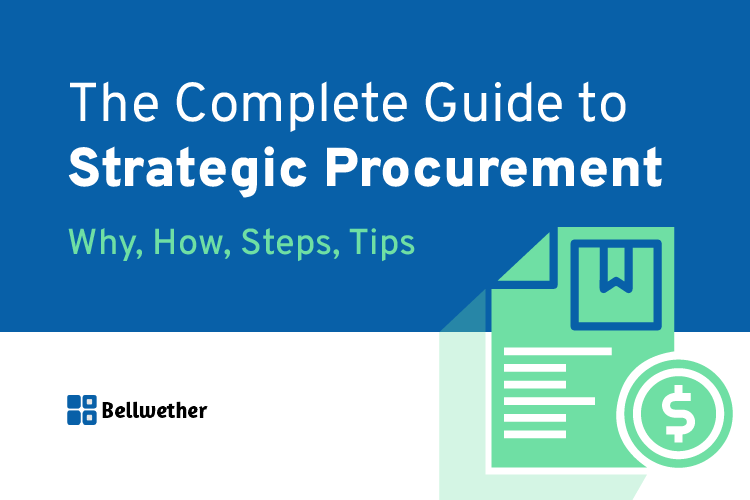Procurement, up until now, is a sort of necessity in most businesses. Although the irony is it is a rarely recognized as a vital, strategic component despite changes which constantly occur in this world that have a direct impact on the company’s financial position. In today’s time, procurement or purchasing teams within corporations play an increasingly crucial role in the efficiency of companies in such a way that traditional procurement managers had not ever considered previously.
Due to the challenges facing the purchasing industry, some unavoidable frustrations must be combated by people to remain strong in the business. Some of them even include serious challenges that may be faced by the procurement organizations – employee development and training, managing international sourcing offices and making sure of collaboration among the corporate departments. Procurement departments have acquired a higher strategic significance in global companies within the past few years, but there are still others who seem to be locked out of strategic decisions.
If you are one of those departments struggling to be viewed in a more strategic role, try to honestly see things from the point of view of other people. In addition to this, you should also take part in the proper selling of the value in procurement and how to engage stakeholders/executive within their organizations. This is highly advisable to fight back the struggles commonly faced by these professionals in the industry. Furthermore, this struggle and vying for position to be taken seriously in all company decisions seems to be a common theme for a lot of people in the profession. Indeed, most of these professionals are eager to get into the procurement or purchasing profession and to become highly involved within the strategic decisions of their organizations, yet it seems that they are being locked out or excluded.
In this case, there are a couple of general principles that will serve you well professionally and personally in many areas, but can also be used to help better position yourself to move into a more strategic role. Most things in business revolve around relationships. Have you heard the saying “It’s not what you know, but who you know?” So let’s take a brief look at a couple ways to improve relationships within your department and between your department and others within the company and even outside of your company:
- The first area to consider is relevant feedback. People tend to clam up and get defensive when others criticize their work. Set those thought aside and regardless of how it is delivered – helpful or hurtful – invite feedback that pertains to your goals. In this case you want to seek out and hear from others to determine areas in which you are excelling, but don’t just look for the good stuff. Find out where they think you could do better. Be sure that they know you are not just listening, but actually hearing what they are sharing to show that you value their feedback.
- The second area is commonly taught in sales – your value proposition – selling benefits vs features. You are an expert in your field. When discussing procurement issues with other departments, executives, or even the stakeholders be careful not to get bogged down in the complex details and all the features of what you do. Instead, focus on the benefits. You want to show how you can add value to the company by incorporating the purchasing department into a more strategic role.
On the surface these are very broad, general and common sense things to do. On the other hand, it is for that very reason they are so often overlooked and ignored. Give them serious thought and see how you can begin implementing these two changes and watch your stock rise within your company.






